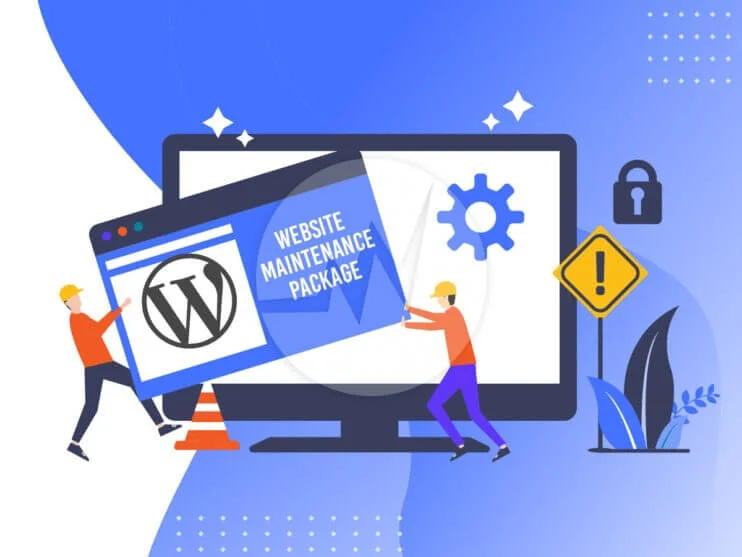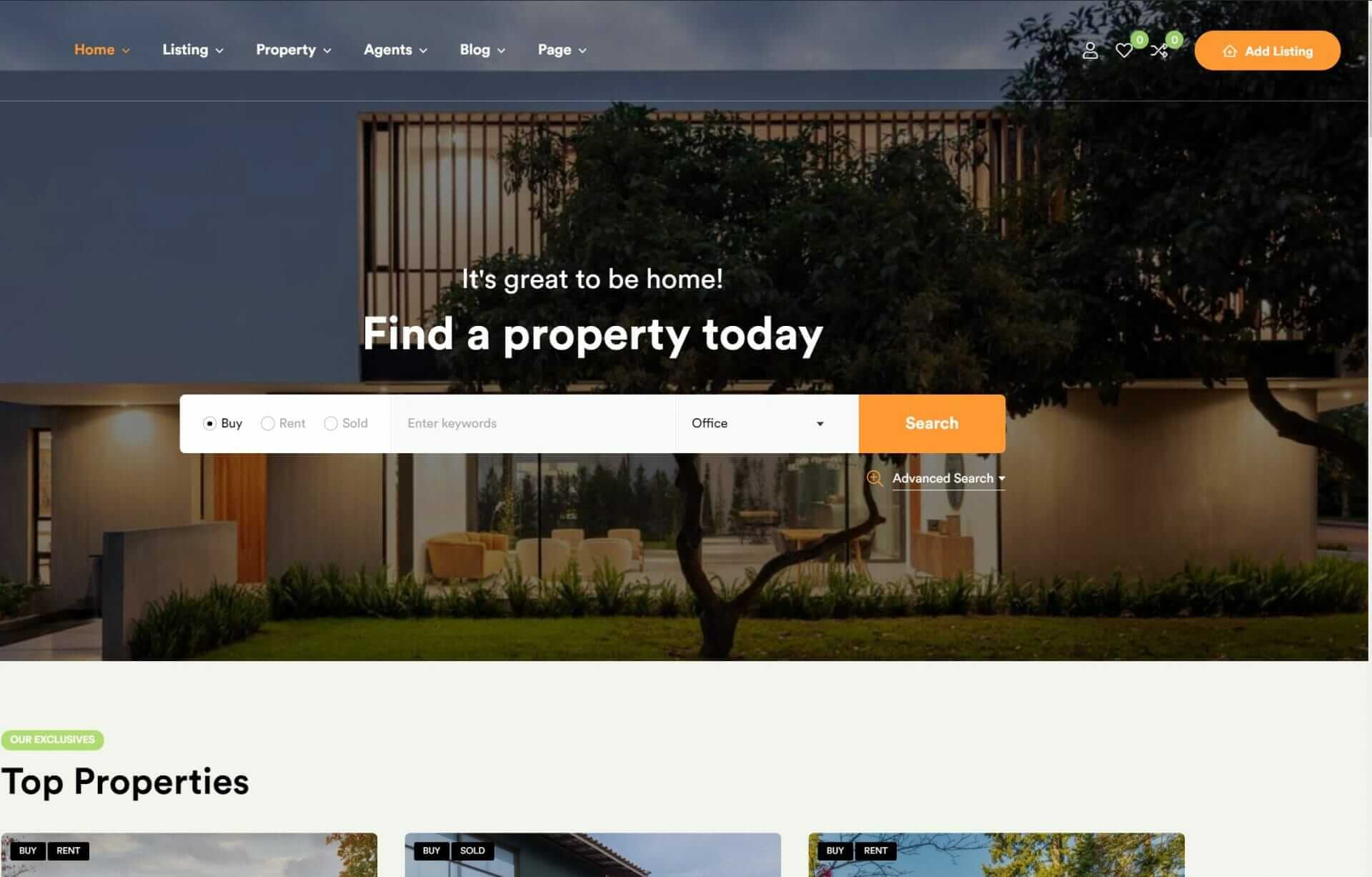You’re building a website for your small business, and choosing the right Content Management System (CMS) is vital to creating a professional online presence. Top options include WordPress, which powers over 43% of websites globally, and Wix, which offers a drag-and-drop interface with industry templates. Squarespace focuses on design, while Shopify excels in e-commerce with secure payment gateways. Joomla supports social networking and multilingual features, and other options like Drupal and Weebly offer scalability and flexibility. With so many options, it’s crucial to evaluate your website’s purpose, technical capabilities, and content creation needs – and how they’ll impact your business’s growth and success.
Top CMS Platforms for Small Businesses
When choosing a content management system (CMS) for your small business, you’ll likely consider popular options like Wordpress, Wix, Squarespace, Shopify, and Joomla, each catering to different needs and industries.
You’re looking for the best CMS that serves as a website builder, supports e-commerce, and is user-friendly – that’s a tall order! Fortunately, each of these platforms has its strengths.
Wordpress is a popular choice, powering over 43% of websites globally, and its flexibility makes it ideal for small businesses.
Wix offers a drag-and-drop interface with templates for various industries, making it perfect for small business websites.
If design is your focus, Squarespace’s integrated hosting services and e-commerce capabilities make it a top pick for creative small businesses.
Shopify, on the other hand, is the go-to for e-commerce, with secure payment gateways and marketing tools.
Ultimately, Joomla, an open-source platform, supports social networking sites and multilingual features, benefiting small businesses with diverse audiences.
With these options, you can find the perfect CMS that checks all your boxes.
Choosing the Right CMS Solution

You’re on the hunt for the perfect CMS for your small business. Selecting the ideal CMS for your small business hinges on a thorough assessment of your specific needs, including content creation capabilities, budget constraints, and the technical expertise of your team.
You need to define your website’s purpose, assess your technical capabilities, and prioritize integration options to make the right choice.
Consider your content creation needs: will you be publishing blog posts, showcasing products, or sharing press releases? And what’s your budget looking like? Don’t forget to evaluate your team’s user expertise – do you have tech-savvy pros or will you need a user-friendly platform?
Integration requirements are also essential; think about the third-party tools you need to connect with your CMS. By carefully weighing these factors, you’ll find a CMS that aligns with your small business’s unique needs and user skill sets.
Features to Consider in CMS

As you explore CMS options for your small business, you’ll want to zero in on the key features that matter most to your operations.
You’re looking for a platform that can handle your content management needs, scale with your growth, and integrate seamlessly with other tools and systems.
Key CMS Features
Selecting the appropriate CMS for your small business hinges on understanding the key features that can make or break your online presence. You want a platform that’s user-friendly, so you can easily manage your content and design a website that resonates with your audience. Consider a CMS with drag-and-drop editors and pre-designed templates to make website design a breeze.
Integration capabilities are also essential, as they enable you to seamlessly connect with third-party tools and services.
When evaluating CMS options, don’t forget to assess their SEO capabilities, security features, and scalability. You want a platform that can handle increased traffic, content volume, and business growth. Mobile responsiveness is also a necessity, as it ensures your website looks great on any device.
Look for built-in SEO tools and security features like data encryption, regular updates, and user permission controls. By considering these key features, you’ll be well on your way to finding a CMS that meets your small business’s needs.
Content Management Needs
Determining your content management needs is crucial in selecting a CMS that effectively supports your small business’s online objectives. You need a CMS that provides a user-friendly interface, customization options, SEO capabilities, security features, and scalability. Here are some key features to contemplate:
- Drag-and-drop editors and mobile responsiveness for ensuring a seamless user experience
- Integrated SEO tools for optimizing your content for search engines
A good CMS should also provide content scheduling, version control, collaboration features, and workflow management to assist you in efficiently managing your content. Additionally, look for customizable templates, easy content creation tools, built-in analytics, and e-commerce capabilities to cater to your business requirements.
Scalability and Integration
Now that you’ve pinpointed your content management needs, it’s time to assess the scalability and integration capabilities of a CMS, which will enable your small business to adapt to growth and seamlessly connect with other tools and systems.
You’re looking for a CMS that can expand with your business, accommodating increased content, users, and features over time. Scalability is key, as it guarantees your website can handle increased traffic and content volume without compromising performance.
When evaluating CMS platforms, look for those that offer APIs and plugins for easy integration with third-party services. This will enhance functionality and workflow efficiency, allowing you to streamline business processes and improve data flow.
Integration-friendly CMS platforms also enable a seamless connection with other digital touchpoints, such as CRMs, analytics platforms, and e-commerce solutions. By selecting a scalable and integration-friendly CMS, you’ll be able to adapt to business growth, enhance user experience, and stay ahead of the competition.
CMS options like WordPress, Shopify, and HubSpot CMS are excellent examples of scalable and integration-friendly platforms that can support your business needs.
Best CMS for E-commerce Sites

If you’re constructing an e-commerce site, Shopify is a top contender for your content management system, offering specialized features that cater to the unique needs of online stores. With Shopify, you get an all-in-one solution that simplifies the process of setting up and managing your online store. You’ll have access to customizable themes and designs, allowing you to create a unique brand identity.
Here are just a few reasons why Shopify stands out:
- Integrated payment gateways make it easy to process transactions and manage orders.
- Marketing tools and SEO tools help enhance the visibility and performance of your e-commerce website.
Shopify’s popularity among e-commerce businesses showcases its effectiveness in driving sales and optimizing user experience. Whether you’re just starting out or looking to scale your online store, Shopify has the tools and features you need to succeed.
With its ease of use and thorough features, Shopify is an excellent choice for small businesses looking to establish a strong e-commerce presence.
Most User-Friendly CMS Options

While Shopify excels for e-commerce sites, other content management systems stand out for their user-friendly interfaces, making it easy for small businesses like yours to create and manage a website, even without extensive technical expertise. You want a platform that’s intuitive, powerful, and easy to navigate – and you’re in luck!
Some of the most user-friendly CMS options include:
| CMS | Key Feature | Ideal For |
|---|---|---|
| WordPress | User-friendly interface | Blogging, small businesses |
| Wix | Drag-and-drop editor | Beginners, small e-commerce sites |
| Squarespace | Design-focused templates | Small businesses, creatives |
| Weebly | Drag-and-drop website builder | Small businesses, entrepreneurs |
| Joomla | Large community for support | Small businesses, non-profits |
These platforms prioritize ease of use, offering features like drag-and-drop editors, design-focused templates, and community support. For example, WordPress powers over 43% of websites globally, while Wix’s drag-and-drop editor makes it a favorite among beginners. Squarespace, Weebly, and Joomla also offer user-friendly platforms ideal for small businesses. With these options, you can create a professional website without breaking a sweat – or the bank.
Budget-Friendly CMS Solutions

What’s the best way to create a professional website without blowing your small business’s budget, and which CMS options can help you achieve that goal? You’re in luck because there are several budget-friendly CMS solutions that can help you create a stunning online presence without breaking the bank.
When it comes to affordable CMS options, you’ve got several choices. Here are a few:
- WordPress.com offers a free plan and budget-friendly paid options starting at $4 per month.
- Wix provides affordable pricing plans with a free option and premium plans for small businesses.
Other options like Squarespace and Weebly also offer transparent pricing plans and free trials, making it easy to test the waters before committing.
With these CMS options, you can create a professional website that showcases your brand without overspending. By choosing a budget-friendly CMS solution, you can allocate more resources to other areas of your business, like marketing and customer service. This way, you can establish a strong online presence without sacrificing your small business’s budget.
Scalable CMS for Growing Businesses

As your small business grows, you’ll need a CMS that can keep up with increasing demands, which is where scalable CMS options like WordPress and Drupal come in, offering the flexibility and customization you need to accommodate your evolving needs. With scalable CMS platforms, you can handle increased content volume and traffic without worrying about your site crashing or slowing down. Plus, you’ll get the flexibility to customize and expand your site to meet the changing needs of your business.
You’ll also get robust security measures to protect your site from threats and seamless integrations with third-party tools to help you manage your business more efficiently. If you’re an e-commerce business, scalable CMS platforms like Magento and Shopify are tailored to help you expand your online presence. With strong community support and regular updates, you can trust that your CMS will continue to meet your needs as your business grows.
To Recap
You’ve navigated the world of CMS options, and now it’s time to make a decision. Choosing the right CMS is like finding the perfect puzzle piece – it needs to fit seamlessly into your business’s unique landscape.
By considering factors like user-friendliness, scalability, and e-commerce capabilities, you can select a CMS that propels your small business forward.
Remember, the right CMS is the foundation upon which your online presence is built, so choose wisely.










